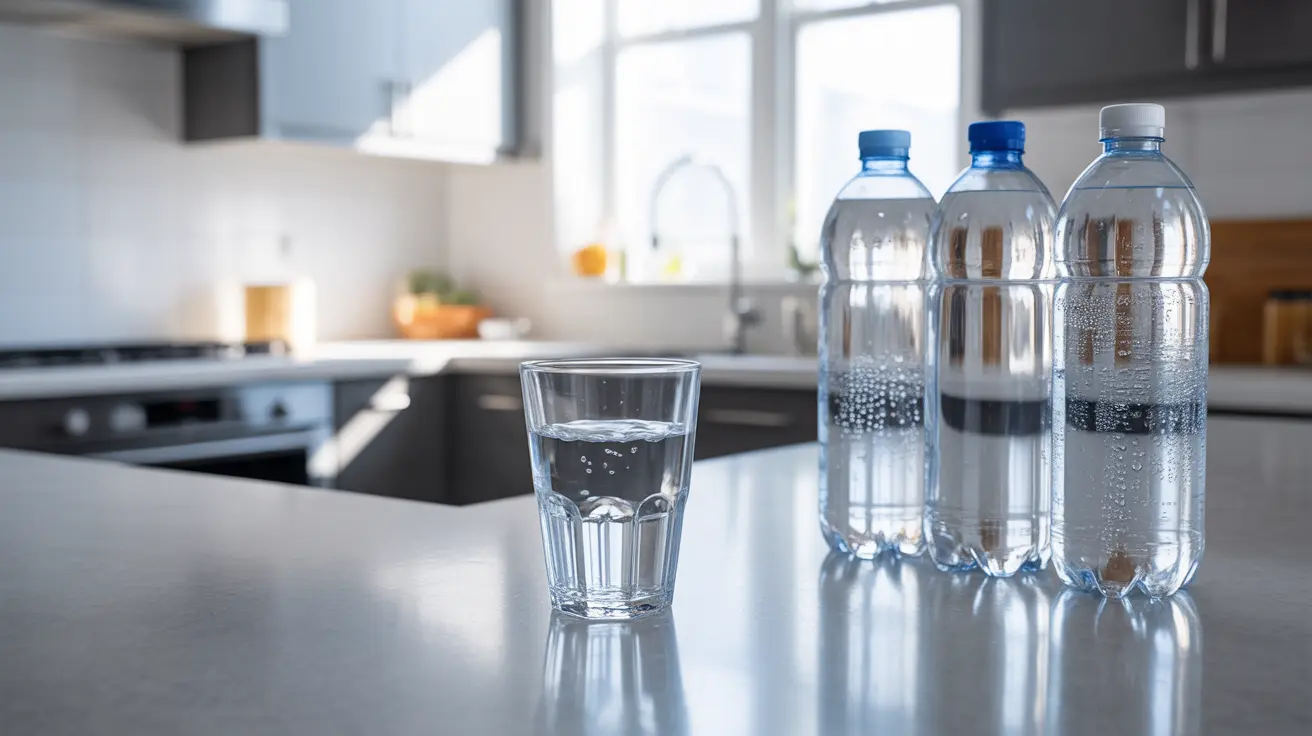The debate between tap water and bottled water continues to be a significant consideration for health-conscious consumers. Understanding the differences, benefits, and potential drawbacks of each option is crucial for making informed decisions about your drinking water source. This comprehensive guide will help you navigate the choice between tap and bottled water while considering health, environmental, and economic factors.
Understanding Water Safety Standards
Both tap water and bottled water in the United States are regulated to ensure safety, but they fall under different regulatory bodies. Tap water is overseen by the Environmental Protection Agency (EPA), while bottled water is regulated by the Food and Drug Administration (FDA). These regulations help ensure that both sources meet specific safety standards for human consumption.
Tap Water Regulation and Testing
Municipal water supplies undergo frequent testing for contaminants, with results publicly available through local water quality reports. Water treatment facilities must meet strict EPA guidelines and regularly monitor for over 90 different contaminants, including bacteria, pesticides, and heavy metals.
Bottled Water Standards
Bottled water companies must comply with FDA regulations, which include proper sanitation during bottling, regular testing, and adherence to specific quality standards. However, the testing requirements may be less frequent than those for tap water, and results are not always readily available to the public.
Environmental Considerations
The environmental impact of water consumption choices is becoming increasingly important. Tap water has a significantly lower environmental footprint compared to bottled water, primarily due to packaging and transportation factors.
The Plastic Problem
Single-use plastic bottles contribute substantially to global waste, with millions ending up in landfills and oceans annually. Even when recycled, the process of manufacturing and transporting bottled water requires significant energy resources.
Cost Comparison and Economic Impact
The cost difference between tap and bottled water is substantial. Tap water typically costs less than a penny per gallon, while bottled water can cost hundreds or thousands of times more. This price disparity often reflects marketing, packaging, and distribution costs rather than water quality differences.
Improving Tap Water Quality at Home
For those concerned about tap water taste or quality, several effective solutions exist:
- Using activated carbon filters
- Installing reverse osmosis systems
- Maintaining clean water pipes
- Regular filter maintenance
- Testing water quality periodically
When Bottled Water Makes Sense
There are specific situations where bottled water might be the better choice:
- During natural disasters or boil water advisories
- When traveling in areas with questionable water quality
- For people with severely compromised immune systems
- In areas with known tap water contamination issues
- During emergency situations
Frequently Asked Questions
Is tap water safer to drink than bottled water in the United States?
In the United States, both tap water and bottled water are generally safe to drink. Tap water is often more strictly regulated and frequently tested than bottled water, with transparent reporting requirements. However, safety can vary by location and specific circumstances.
What are the main environmental impacts of drinking bottled water compared to tap water?
Bottled water has a significantly larger environmental footprint due to plastic waste, manufacturing processes, and transportation emissions. Tap water requires minimal packaging and transportation, making it a more environmentally sustainable choice.
Why does bottled water cost much more than tap water?
The higher cost of bottled water primarily comes from packaging, marketing, transportation, and retail markup. While tap water costs pennies per gallon, bottled water can cost dollars for the same amount due to these additional expenses.
How can I improve the taste of my tap water to avoid buying bottled water?
You can enhance tap water taste by using water filters, letting water sit for a few minutes to allow chlorine to dissipate, using a pitcher with activated carbon filtration, or installing a whole-house filtration system.
When is it necessary to choose bottled water over tap water for health or safety reasons?
Bottled water may be necessary during water main breaks, natural disasters, when traveling in areas with questionable water quality, or for individuals with specific health conditions that require specially filtered or purified water.




